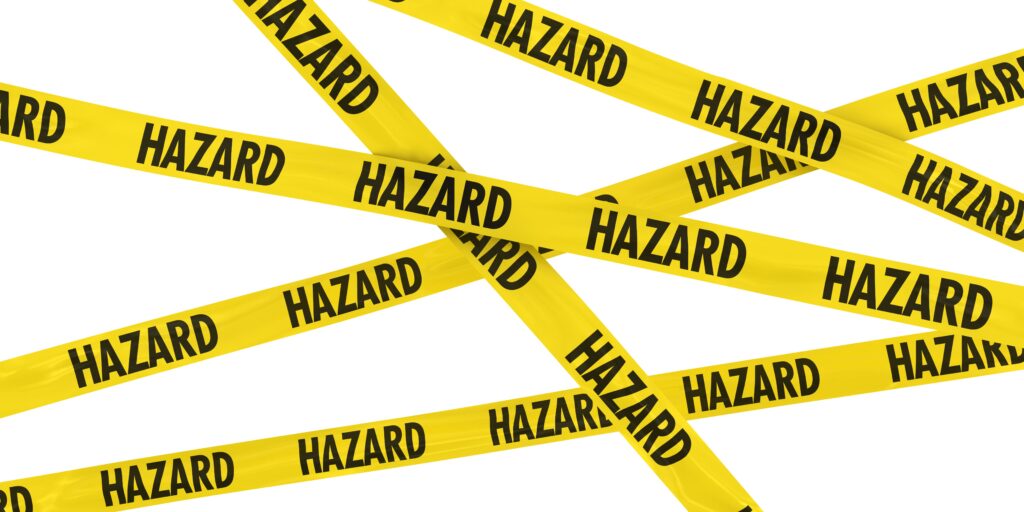02 Apr Tiny Homes and Manufactured Housing: What to Look for When Buying Used
Whether you are a retiree ready for adventure, a single looking to save while you pursue your career, or a growing family in search of savings, small house living can be a great solution. However, just as if you were purchasing a traditional, stationary, stick-built home, there are many things to consider before making the commitment of home buying.
You are planning to live in a downsized home, but that doesn’t mean the quality of the build should be minimized. There are ways to save money where it makes sense and end up with a perfectly safe and reliable house that will last for years.
Here are four things to consider when you are looking to buy a used tiny house, park model, or manufactured home.
A Functional Foundation
Many people looking to save on time and cash will look at purchasing used trailers from previously used flatbeds to unknown chassis on eBay or Craigslist. This is a major red flag. This is more than a trailer to carry hay bales from the farm. This is the foundation on which you will carry your home, your family, and all of your belongings.
Most tiny home and modular home contractors are well-versed in quality trailers built to pull this kind of weight. Most THOWs run 8,000-18,000 pounds, depending on their length and the materials used to build the frame and siding, and occasionally interior appliances. This is not something to take lightly when starting the foundation of your build. When buying used, you want to ensure your trailer is roadworthy and safe by hiring an inspector and making sure the chassis can handle the weight of your home.
Electric and Plumbing Hazards

Although it is possible to build your own house regardless of its size, people seem more likely to make an attempt at a DIY build with a tiny house over traditional homes. The square footage doesn’t determine the level of danger involved with trying to install your own electrical or plumbing. Without proper skills and training, you can be facing house fire, burst pipes, flooring damage, house flooding, and more. You want to be certain the builder of your used small home was a certified contractor and, whenever possible, that they are certified to build tiny homes–park model or modular–specifically.
Aside from the obvious hazards, a DIY attempt at electrical could pose dangers for electrocution, code violations, expensive after-build repairs, or improperly wired breaker boxes. Plumbing concerns can include the use of improper materials for piping, connections remaining without proper sealant, and the ruining of furniture and flooring. Emergency repairs for these mistakes are very costly and can even result in a complete rebuild.
Ventilation, Windows, and Insulation
Unlike a traditional home build, there is much to consider in the way of insulation and window installation when constructing your tiny home. Much like an RV, buyers must consider things like how often their house will be moved, what seasons it will travel through or be parked in, and how severe the temperature changes their home might be exposed to while driving. These kinds of climate changes can result in mold damage if the home has not had the proper ventilation installed correctly.
It is more costly to install a double paned, tempered window in any home, but if you plan to move your house often, a tempered window can save you thousands in window replacement in the long run when rocks on the highway bounce up and break your glass.
Tiny house insulation can be comprised of everything from denim to sheep’s wool, spray foam to traditional fiberglass infused pink rolls. The cost varies greatly depending on your choice of material, but these changes are benefits of a fully customized build where everything from environmental impact and R-rating can be considered. Be sure to ask your seller what type on insulation was installed in the home as well as it’s R-value to ensure it will keep you warm enough wherever you plan to park it.
Timeline Accuracy
When purchasing a used tiny house, park model, or modular home, unlike a traditional stick build home, financing and lenders can be very particular. This means that if you do not plan to pay for your new home in cash, you may likely need to plan for a few extra weeks before the keys will be in your hands.
Like with any large purchase, be sure to do your research before you commit. Check out certified and trusted builders who are professionals within the tiny house, park model, and modular industry as they will be your best bet for happy and safe tiny living for the long-haul.

Sorry, the comment form is closed at this time.